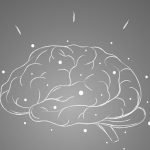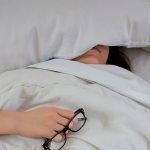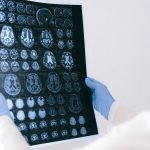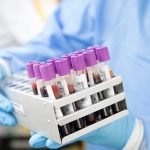As hearts race over the World Cup, playing soccer has its benefits from head...
Soccer is filled with cardiovascular activities that can benefit the brain as well as the heart.
This hormone linked to less brain shrinkage in midlife women
Estrogen is a steroid hormone linked to the female reproductive organs and is responsible for developing female sexual characteristics.
In a study from Alzheimer's Research UK,...
Eat your way to a healthy brain
Research has found that the volume of the brain and/or its weight declines with age at a rate of around 5% per decade after...
Why is there a genetic risk for brain disorders? Neandertal DNA may offer answers
In a study from the University of Tartu, scientists found Neandertal DNA may provide answers to why there is a genetic risk for brain...
Deep brain stimulation may treat severe obsessive-compulsive disorder (OCD)
In a study from Baylor College of Medicine, scientists found deep brain stimulation can halve the symptoms of severe obsessive-compulsive disorder, or OCD as...
Common sleep problem insomnia raises risk of memory decline
Scientists from Concordia University found that older people with insomnia are at greater risk of developing memory decline and long-term cognitive impairment such as...
Good face recognizers can learn faces from fragments
Psychologists at UNSW Sydney and the University of Wollongong have challenged the prevailing view that people with exceptional face recognition abilities rely on processing...
COVID-19 may harm your cognitive abilities
In a study from the University of Waterloo, scientists found that people who contract COVID‐19 often experience memory, attention, and concentration problems, even after...
Many people have persistent brain damage caused by COVID-19
In a study from the University of California, San Diego scientists found brain symptoms of COVID-19 persist in the majority of long-haulers.
They found that...
Early blood tests could predict death, severe disability in traumatic brain injury
Scientists from Michigan Medicine found that blood tests taken on the day of a traumatic brain injury can predict which patients are likely to...










